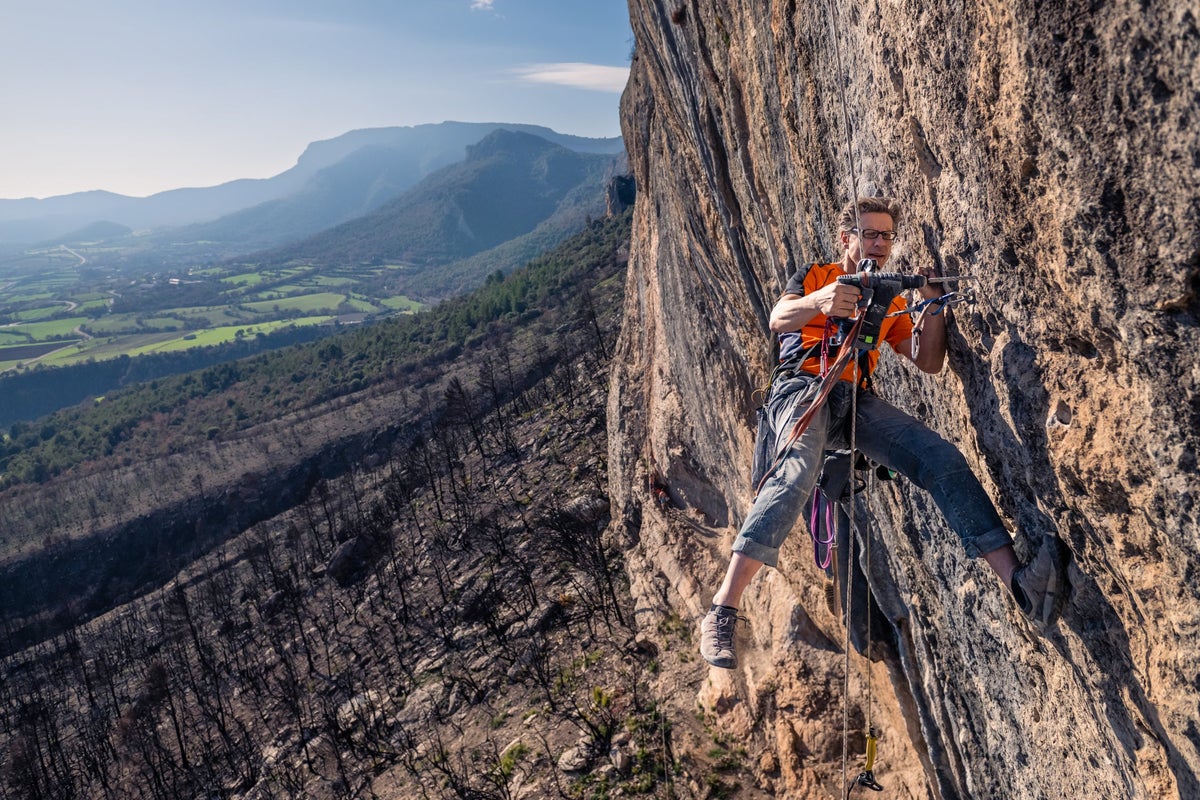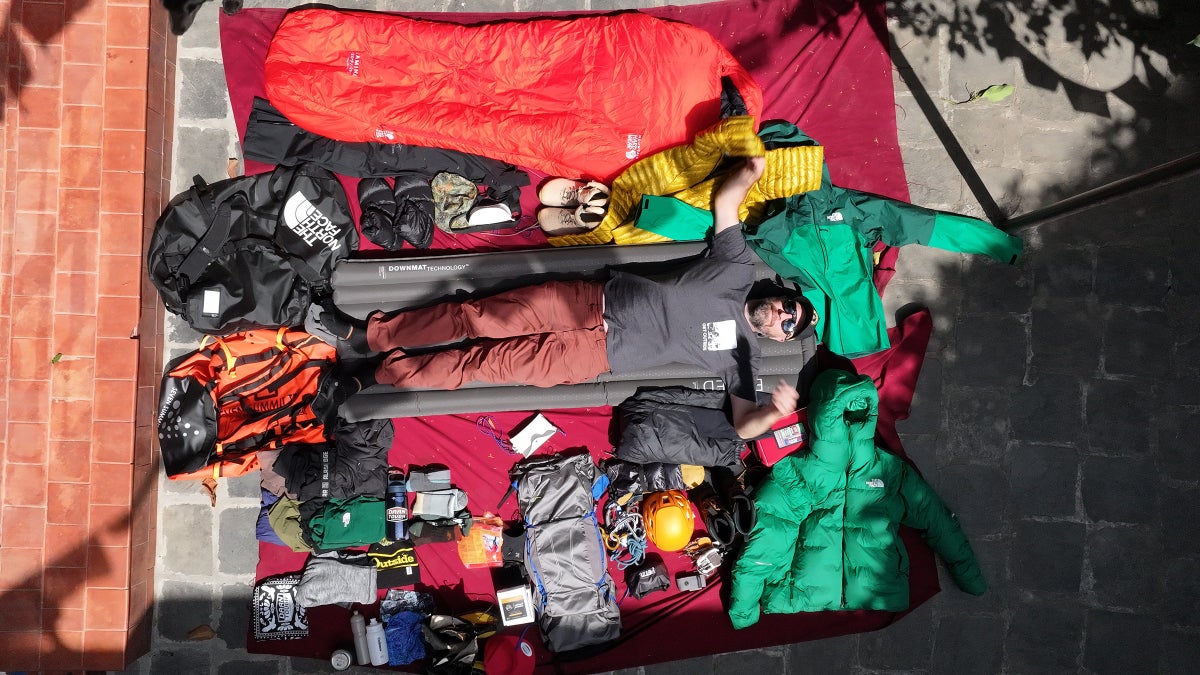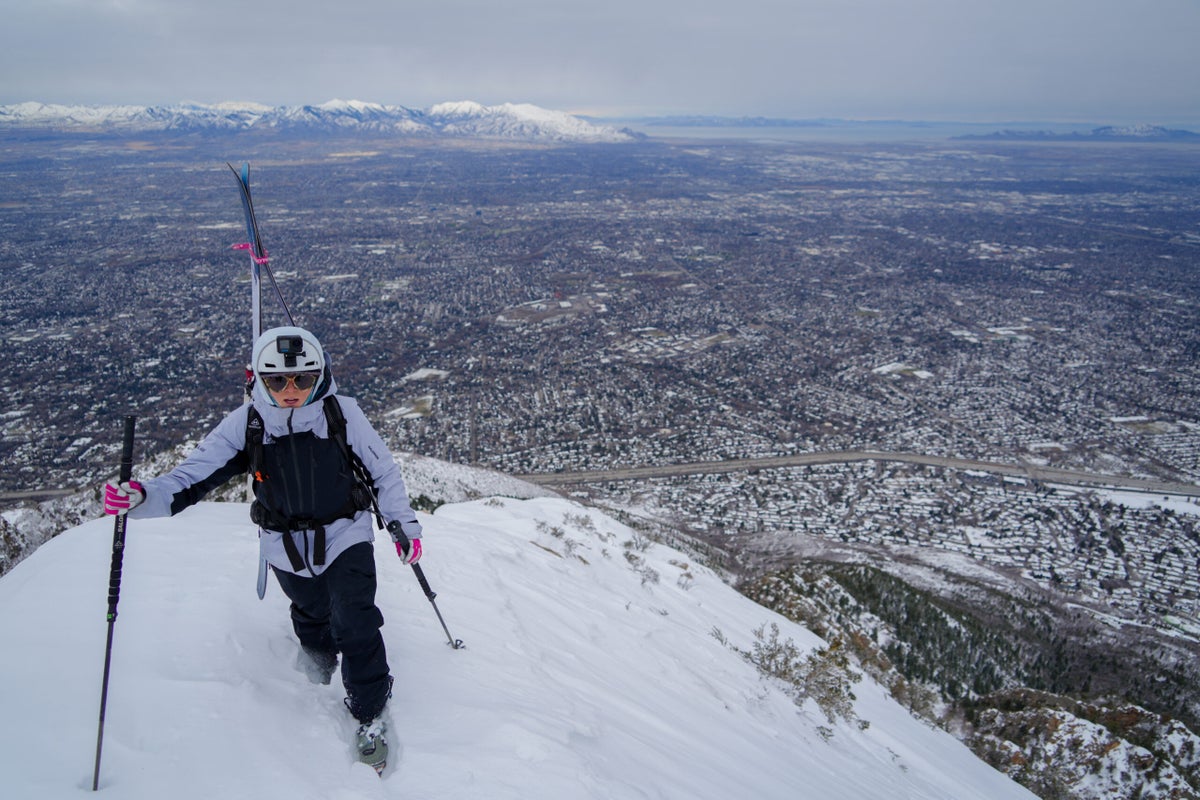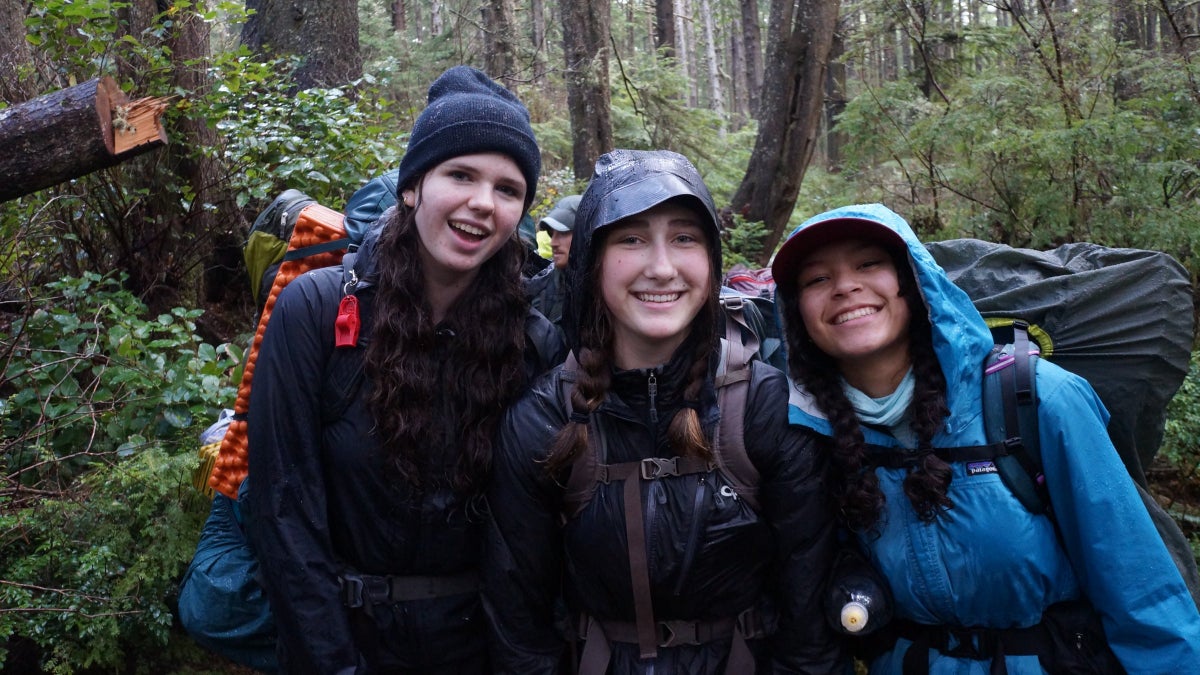
Last winter, now 17-year-old Isobel Chi found herself on Washington’s Sasse Mountain with a group of fellow high schoolers and a handful of adult leaders. The early February hike was a regular outing for the Seattle-based Mountaineers Adventure Club (or MAC, pronounced as one word), a youth program designed to provide outdoor recreation opportunities for 14- to 18-year-old Seattleites. Every teen on the hike had practiced using traction devices and ice axes, and they’d put their skills to the test on a snowy ridgeline traverse between Sasse and Howson Peak. Off-trail, traveling “straight uphill,” Chi felt herself approaching her limit. Then, nearing the top, the group encountered a large cornice. To Chi, it looked unstable, and alarm bells went off in her head. Most of the group seemed unconcerned, but sharing Chi’s apprehension, one of the student leaders spoke up.
“She said, ‘I don’t think this is the best idea, I don’t feel safe doing this. And then we turned around and I thought that was really impressive,” says Chi.
Chi learned a few important lessons that day about trusting her intuition, speaking up in a group setting, and that it’s OK to turn around short of an objective. Even for adult adventurers, that type of knowledge is often hard-won over the course of many seasons—and sometimes close calls—in the mountains. But Chi and her peers in MAC are getting a head start.
Today, Chi, who has been involved with MAC since she was in eighth grade, is herself one of six student leaders elected by their peers. The program consists of monthly meetings and a jam-packed calendar of weekly trips and workshops, including hiking and backpacking, rock climbing and rope skills, wilderness first aid, navigation, skiing, and technical mountaineering including snow and glacier travel skills.
MAC’s youth leaders are supported by adult volunteers and a small staff; but it’s the kids who run pre-trip meetings, organize groups of students, help teach skills, cook meals, and facilitate in-the-field experiences. While some of the student participants have grown up going outside with their families, for many of them, MAC is a first foray into the outdoors.
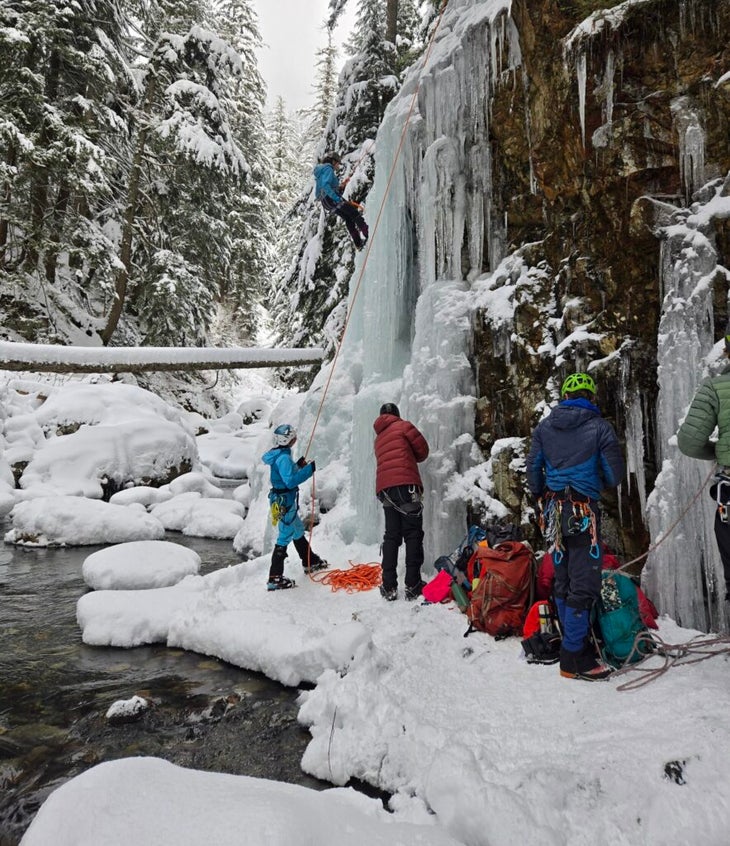
Caroline Sherley, 18, serves alongside Chi on MAC’s leadership team to help organize trips and monthly meetings, teach skills, and wrangle gear and food for outings.
“The program is about learning climbing and outdoor stuff, of course, but it’s also kind of taking you through a complete progression of ‘I’m learning this skill, I’m relearning it and refining it, and then I’m teaching it,’” said Sherley. “It’s nice for learning skills about being outdoors, it’s nice for getting off your phone, it’s nice for being outside with great people, and it’s also nice for building your confidence.”
MAC’s program calendar reads like any adult Pacific Northwest-based hiker’s life list: Mt. Shuksan, Mt. Baker, Eldorado, Forbidden Peak, a 10-day excursion to Squamish, British Columbia, and more. While youth programs across the country get kids into nature, MAC is unique: The curriculum provides teens with big-mountain skills like crevasse rescue and snow camping, and, more importantly, hands them the reins as often as possible.
“One of the biggest things that I think that leadership really does is they really set the culture of MAC, both on trips and also just through intention at leadership meetings,” says Emile Blouin, a volunteer for MAC who has spent a decade working with kids and teens as a teacher and tutor. “There’s been really a push to create more space for the youth leadership to really be the ones that are driving everything.”
While summiting some of the nation’s most challenging and scenic peaks is enough to incite jealousy in any adult hiker, it’s the soft skills that resonate the most with MAC students.
“This year especially I’ve been learning how to put myself in uncomfortable situations—not just physically, but like if you need to tell somebody that they’re doing something wrong, now that I’m in more of a leadership position,” said Chi. “I don’t like doing that, but it’s important and it is beneficial to everybody involved, so I’ve been working on that.”
For her part, Sherley’s learned to embrace what’s familiar to any longtime backpacker: type two fun. On a recent climbing trip in central Washington, Sherley found herself camped out in a raging rainstorm that forced her to move her tent in the middle of the night.
“The next morning we were making pancakes and kind of miserable and just very wet and cold, and we were still laughing and having a really good time,” she said. “[I’ve learned to find] ways to be happy in less than desirable conditions,” she said.
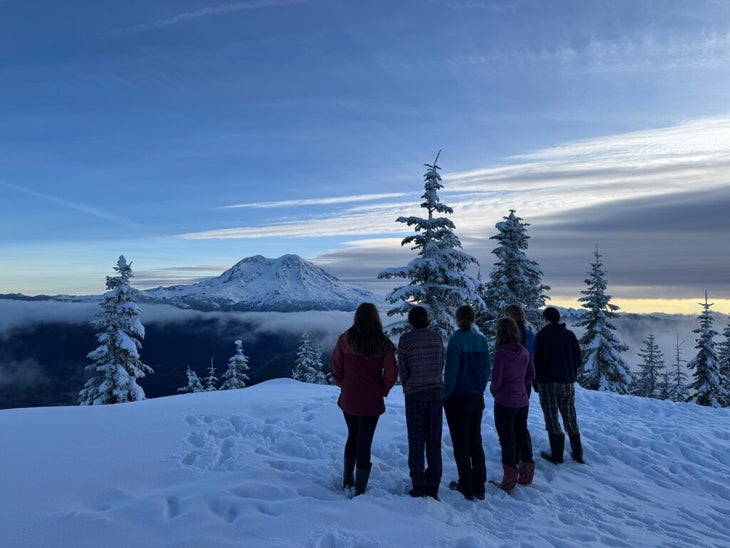
Backpackers know that the resilience and empowerment found on the trail can serve a person well in all aspects of life. Blouin agrees that the skills learned in MAC will set kids up for success in future chapters. He said that he’s been especially impressed watching student leaders interact with adult volunteers and parents and handle interpersonal conflicts with maturity and poise.
“As somebody who works with youth a lot, you don’t see that happening. You don’t see youth in leader positions being able to go to an adult and say … ‘this needs to be managed in this way,’” he said. “There is a level of empowerment that allows these youth to actually hold space and feel … that they have the knowledge that they need to be able to speak up in those ways.”
As she wraps up her senior year of high school, it’s Sherley’s last year in MAC. Over the past three years, she’s learned how to manage a rope, how to plan camp meals for a group, and the basics of multi-pitch climbing. But Sherley has learned something more personal, too: spending time outside will always be a big part of the rest of her life. “I know that this is where I’m really happy,” she said.
To learn more about the Mountaineers Adventure Club, contact Hank Stein, Teen Clubs Coordinator for the Mountaineers.
The post This After-School Program Is Turning High Schoolers into Mountaineers appeared first on Outside Online.












